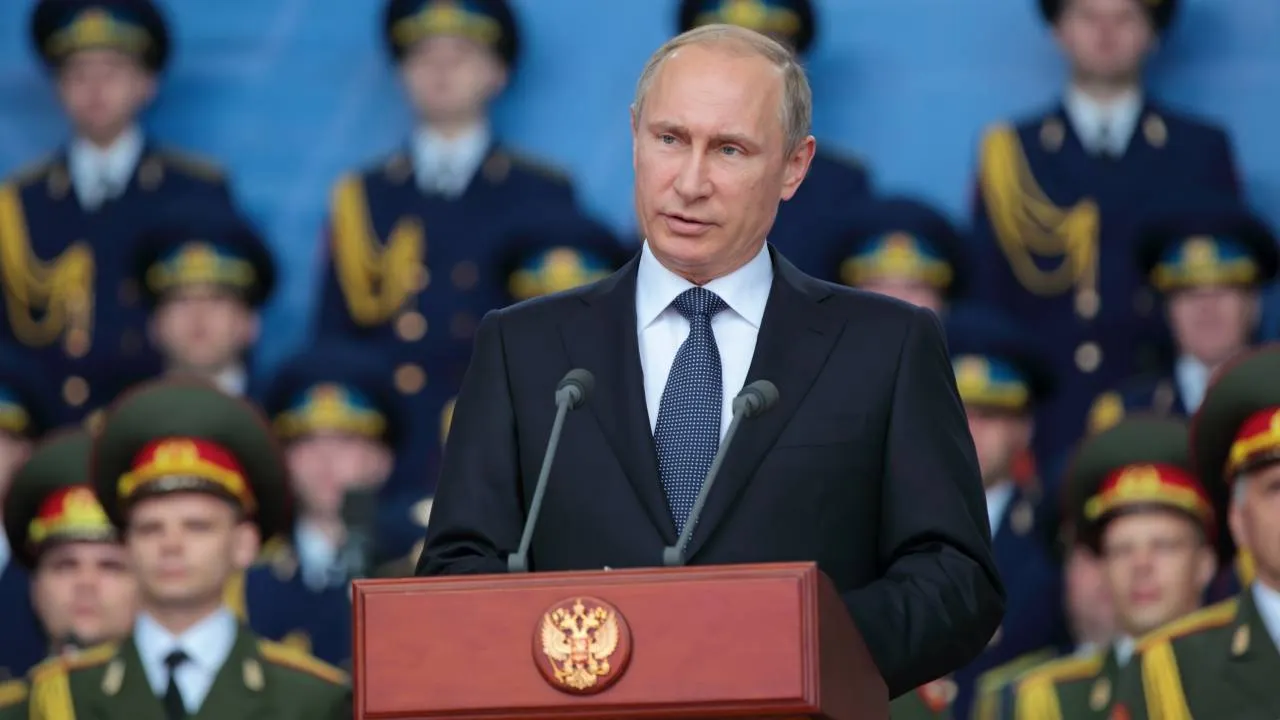Russian President Vladimir Putin has signed a law allowing cryptocurrency mining in the country, state-owned media has reported, as lawmakers brainstorm how to skirt sanctions in the pariah state.
The law establishes regulations for the previously outlawed crypto mining industry in the country, limiting the activity to legal entities and individuals who register with the Ministry of Digital Development. Entities and entrepreneurs who do not register will be allowed to mine only if they do not exceed certain energy limits, the Tass state news agency reported.
Russian residents will also be allowed to trade digital currencies, according to the report, but the Russian central bank reserves the right to ban any activity it deems to be a threat to the country's currency.
The Russian legislature passed the law just one week ago, along with a second bill that legalizes the use of digital currency as a way to make international payments, thereby skirting international sanctions. The second bill still awaits the president's authorization.
The U.S. and its allies hit Russia with economic sanctions back in 2014 for its annexation of Crimea in 2014. The countries stepped up penalties following Russia’s illegal invasion of Ukraine in 2022.
Cryptocurrencies have been illegal in Russia as a form of payment since 2022 but Putin appears to be opening up to the idea of digital assets; last month, the president spoke about the use of cryptocurrencies for international settlements, signaling support for the package of bills passed last week.
Putin has also previously spoken about mining digital assets. Back in 2022, the Russian leader said that the country had “certain competitive advantages” in the sector thanks to its surplus of energy.
Cryptocurrency mining is the energy-intensive process of using computers to verify transactions on a digital coin’s network. Miners are rewarded for their participation by earning fees in the network's native cryptocurrency, and the activity can be lucrative on blockchains such as Bitcoin.
As cryptocurrency networks like Bitcoin have grown, so has the mining industry: Such operations now are typically handled in big warehouses full of expensive machinery that use a lot of energy and are run by large companies.

